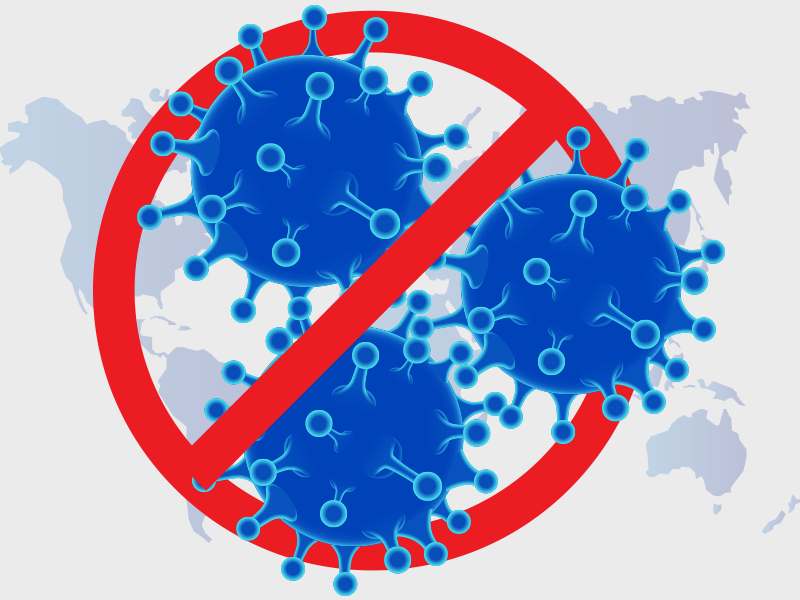The report, COVID-19 and Climate-Smart Health Care: Health Sector Opportunities for Synergistic Response to the COVID-19 and Climate Crises, provides a framework based on lessons from the global COVID-19 health response to help countries build stronger health systems and leapfrog toward climate-smart universal health coverage (UHC).
UHC allows countries to make the most of their human capital, ensuring that people have access to the health care they need without suffering financial hardship.
The pandemic has shown the need for strong health systems as a foundation for health emergency preparedness and to address the growing health impacts of climate change.
Vulnerable populations such as the elderly, people with pre-existing health conditions, ethnic minorities, and indigenous groups, as well as poor people who are at higher risk for COVID-19 infections, are expected to be amongst those bearing the brunt of the health impacts of climate change.
"While the ongoing COVID-19 crisis presents significant global health challenges, the pandemic also presents opportunities to build resilient climate-smart health systems against future shocks," said Juan Pablo Uribe, World Bank's Global Director for Health, Nutrition and Population, in a press release on Wednesday.
According to the report, which was produced by the World Bank and the Climate Investment Funds (CIF), countries that have integrated their response to COVID-19 and the climate crisis have been able to find lower-carbon and more climate-resilient solutions that are beneficial not just to health systems, but also the environment.
A few examples:
1. In India, a climate-resilient, solar powered COVID-19 facility for testing, isolation, and treatment was built to provide better insulation, natural lighting, 24/7 power, and improve healthcare quality.2. In Yemen, strengthening disease surveillance to combat COVID-19 has helped reduce climate impacts using the country’s Electronic Integrated Disease Early Warning System (eIDEWS).
3. In The Gambia, moving from incineration to more sustainable microwave healthcare waste technologies in response to COVID-19 has reduced the carbon footprint of the sector.
4. In Colombia, more sustainable procurement policies made it easier to respond to COVID-19.
5. In Ghana, building a sustainable vaccine cold chain has enabled an effective response to the pandemic while still honoring commitments to the Paris Climate Agreement.
"This report serves as a roadmap for our response to both health and climate crises," said Mafalda Duarte, Chief Executive Officer, Climate Investment Funds.
Cek Berita dan Artikel yang lain di Google News



















